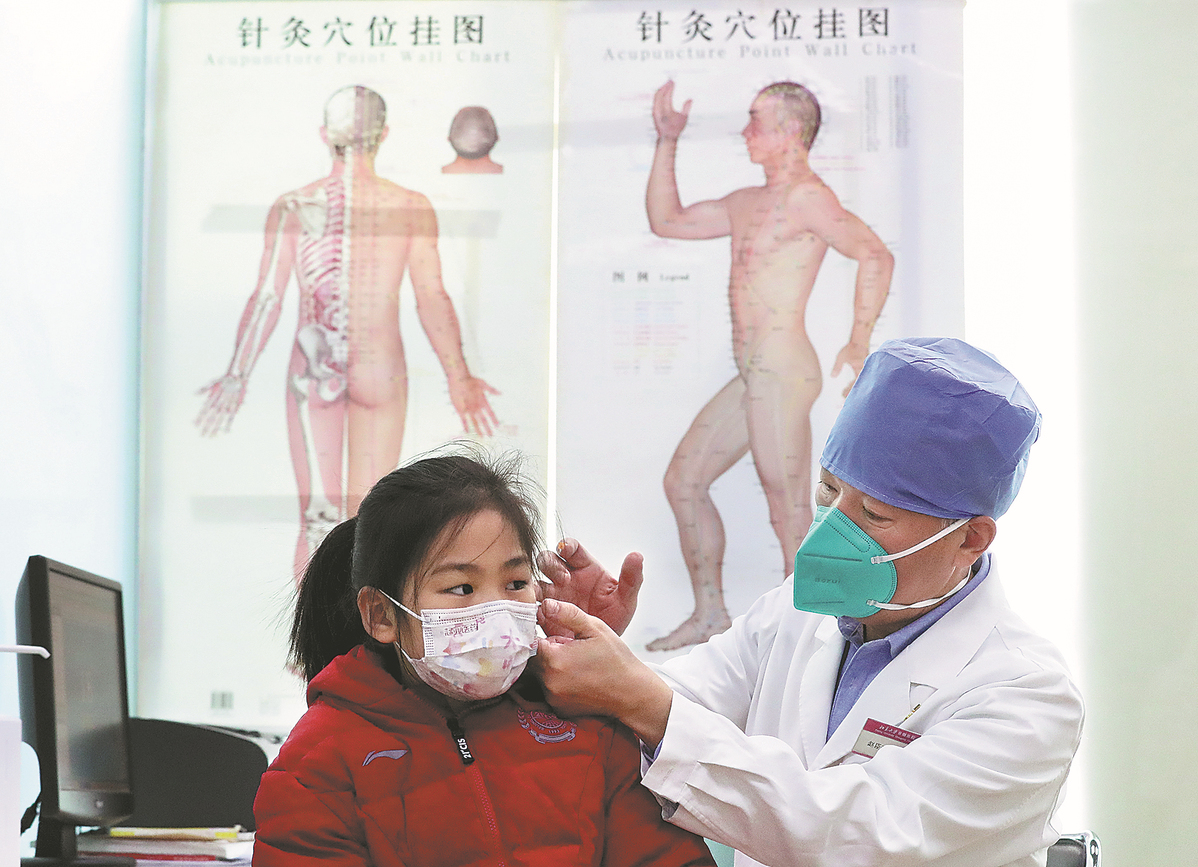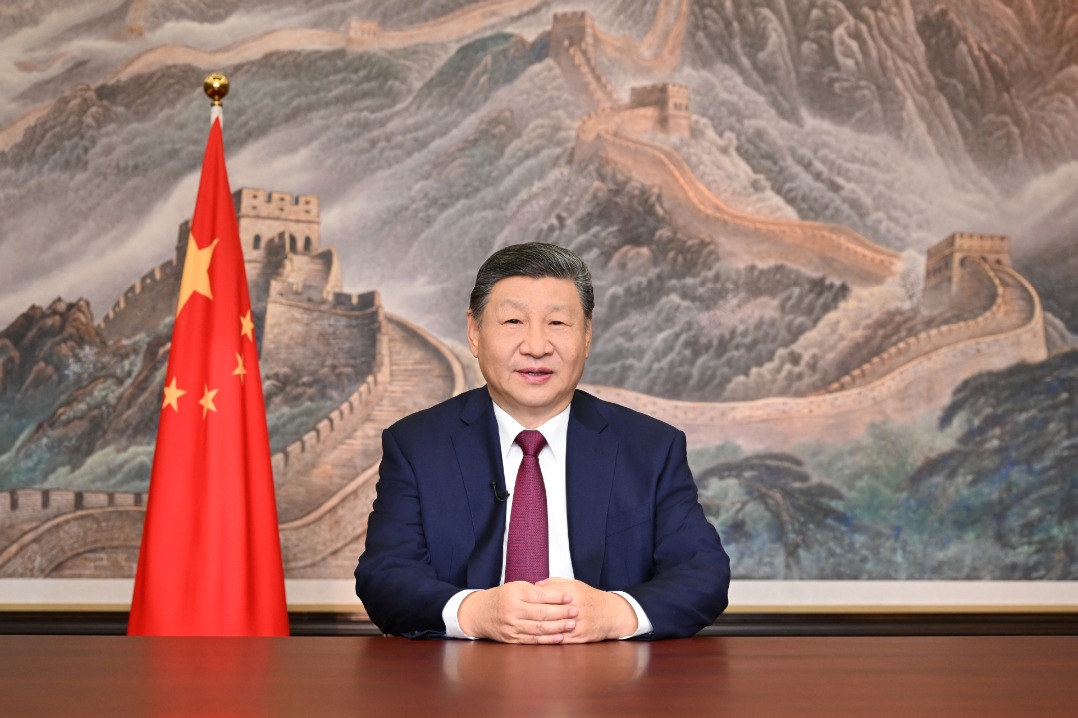Q&A on Chinese medical insurance reform


Q3: Why are reforms being made to the healthcare insurance system?
A: Officials and experts have said that the old system has led to inefficient use of medical funds, as personal accounts of retirees and those who are sick get drained quickly while younger people and those who are healthy end up with excess money sitting idle in their personal accounts, the latter makes up about 80 percent of the total accounts.
"Retirees suffering chronic diseases have a strong appeal to have outpatient expenditures reimbursed by unified accounts," said the administration.
"Converting part of the money sitting in personal accounts into unified accounts for outpatient visits will enable us to secure steady and sustainable reimbursement of outpatient expenditures," said Wang Zongfan, Head of the Chinese Academy of Labor and Social Security's healthcare security research department.
Q4: What medical benefits can be achieved under these reforms?
A: Outpatient expenditures linked to a number of common and chronic illnesses that were previously not covered by public accounts are now reimbursable. In addition, personal accounts can be shared among immediate family members rather than reserved for personal use. They can also be used for making purchases at designated drugstores.
Taking Langfang in Hebei province, which started implementing reforms on Jan 1, 2022, as an example, public accounts of the city grew by 932 million yuan ($135 million) that can be used for reimbursing outpatient visits. In 2022 alone, more than 1.8 million people in the city had their outpatient expenses, totalling 253 million yuan, reimbursed through accounts. The sum had to be paid out of pocket before the reforms.
























